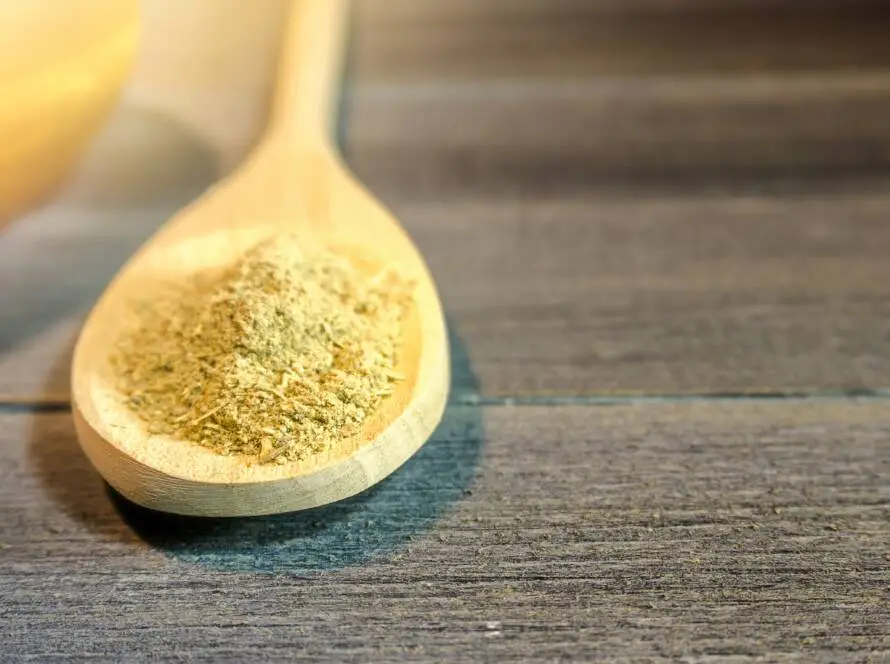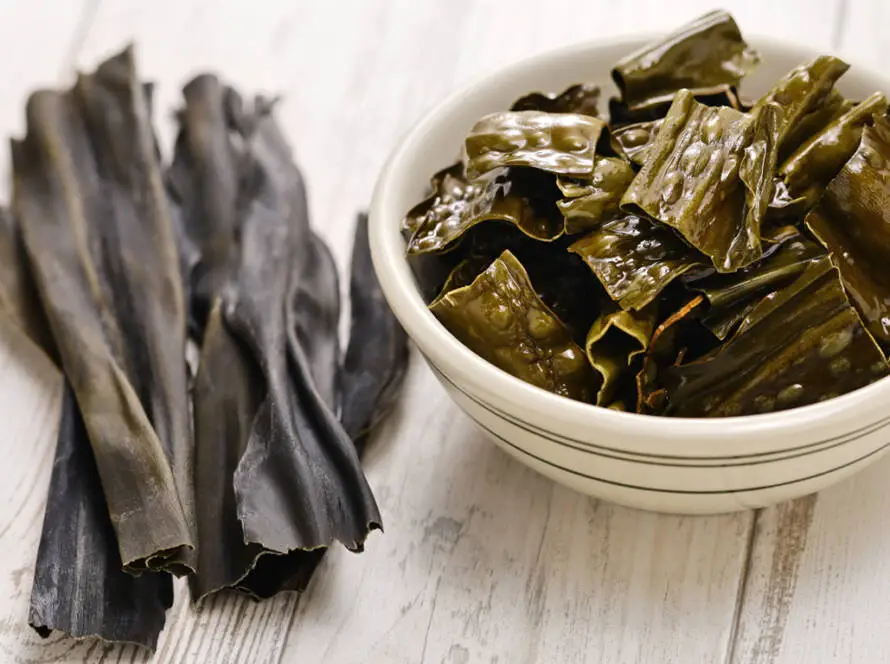Clove Oil: A Versatile Essential Oil
Clove oil, derived from the flower buds of the clove plant (Eugenia caryophyllata), has a rich history of use, particularly in the southern Philippine islands. Over centuries, this essential oil has been appreciated for its various health benefits, including medicinal, culinary, and even homeopathic applications. The oil is primarily known for its antiseptic and analgesic properties, making it a staple in many households.
Common Names
- Clove
- Clove Oil
- Oil of Clove
Scientific Name
- Latin Name: Eugenia caryophyllata
Constituents of Clove Oil
Clove oil contains several active compounds that contribute to its beneficial properties. The main constituents include:
- Eugenol: Known for its analgesic and anti-inflammatory effects.
- Eugenyl Acetate: Adds to the oil’s fruity aroma and may assist in pain relief.
- Caryophyllene: Has anti-inflammatory properties and can act as an analgesic.
- Iocaryophyllene: Contributes to the overall therapeutic effects of the oil.
Uses of Clove Oil
Clove oil is used for a wide array of health issues, making it a versatile option in herbal medicine. Here are some of its common applications:
- Respiratory Issues: Effective for asthma and bronchitis, clove oil helps open airways and relieve congestion.
- Muscle Pain: Many use clove oil to alleviate muscle aches, sprains, and strains.
- Joint Pain: It is commonly applied for conditions like arthritis and rheumatism.
- Analgesic Effects: Clove oil is often used to relieve various body pains.
- Expectorant Properties: It can help expel mucus from the respiratory tract.
- Antibiotic and Antiseptic: Considered effective against bacteria and fungi, making it useful for minor wounds and infections.
Additionally, clove oil is included in formulations such as Narayan Oil, enhancing its therapeutic effects.
How to Use Clove Oil
For those looking to incorporate clove oil into their wellness routine, a standard method is to mix 15 to 30 drops of clove oil in warm water. This mixture can be consumed 1 to 3 times daily as a tea. Please always use food-grade clove oil when consuming it internally.
What the Science Says
Clove oil is often used to mask unpleasant odors and enhance flavors in food products. However, recent clinical studies specifically investigating therapeutic doses are lacking. While clove and its oils are generally considered safe in foods, beverages, and dental products, caution is advised when taking the oil in larger amounts. Toxicity has been noted in rare cases of oil ingestion, emphasizing the need for proper dosage.
Side Effects and Cautions
Although clove oil offers many benefits, it’s essential to be aware of possible side effects:
- Skin Irritation: Clove oil can irritate the skin and mucous membranes if used excessively.
- Allergic Reactions: Some individuals may experience allergic reactions, so it’s wise to perform a patch test or consult a healthcare provider before use.
Conclusion
Clove oil is a powerful essential oil with a long history of diverse uses in health and wellness. With its main ingredient, eugenol, it shows promise for respiratory health, pain relief, and antibacterial properties. However, it is crucial to use clove oil responsibly and consult a healthcare professional for proper guidance to ensure safe and effective use.
Sources
- Drugs.com
- Wikipedia.com
Disclaimer
The information I’ve shared about herbs is for educational purposes only and is not meant as medical advice. While many herbs have been traditionally used for their potential health benefits, individual responses may vary, and the effectiveness of herbs can depend on various factors, including personal health conditions and interactions with medications. It is essential to consult with a qualified healthcare professional or a licensed herbalist before using herbs for medicinal purposes or making significant changes to your health regimen. This information should not be considered a substitute for professional medical advice, diagnosis, or treatment.


